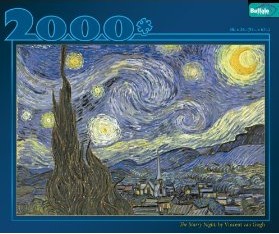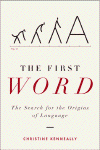Karin Fossum's Don't Look Back (trans. Felicity David, 2002).
Karin Fossum is a Norwegian detective novelist with excellent psychological insights.
She is particularly discerning in her understand and defense of the 'psychologically different',
the people that 'normal' people tend to scapegoat.
The book centers on Raymond, a man with Downs syndrome, and on
Halvor, an apparently weak and possibly brain-damaged youth.
Along the way, we find that most of the 'normal' people have their own secret or secrets that
might be scapegoated if known about: but they have stronger defenses. Meanwhile Mrs. Holland
(mother of Annie, the murdered teenage girl) says:
|
[p. 49]
'There's supposed to be a sea serpent in the fjord here.
...
If you're out rowing and hear a splashing sound behind your boat,
that's the sea serpent rising up from the depths.
You should never look back, just be careful to keep on rowing.
If you pretend to ignore it and leave it in peace, everything will be fine,
but if you look back into its eyes, it will pull you down into the darkness.'
|
Which, in the end, is a metaphor for why Annie was killed, though not an explicit pointer to the murderer.
Along the way, Fossum gives some advice on dog training to her detective, Sejer, whose dog responds
aggressively in body and voice to visitors:
|
[p. 116]
'If that's the case, you're too attached to him ...
You shouldn't treat a dog as if its the only thing you have in the world.
But maybe it is?'
|
Ironically, Sejer's first name is Konrad:
|
[p. 215]
Skarre said ...
'And you're the one that's supposed to be giving advice.'
'What do you mean by that?' [Sejer said]
'Your name,' Skarre said. 'Konrad means: The one who gives advice.'
But maybe it is?'
|
Also see Karin Fossum's:
 Links.
Links.
 Booker Prizes
Booker Prizes
 Chocolate.
Chocolate.
 Books read
Books read
 Best books read in 2009.
Best books read in 2009.
 Best writers of poetry and prose
Best writers of poetry and prose
 Harry Potter;
also
Harry Potter en Español.
Harry Potter;
also
Harry Potter en Español.
 New books on Christianity and Spirituality
New books on Christianity and Spirituality


 Why read a book?
Why read a book?
 The Mental Health of George W. Bush
The Mental Health of George W. Bush



